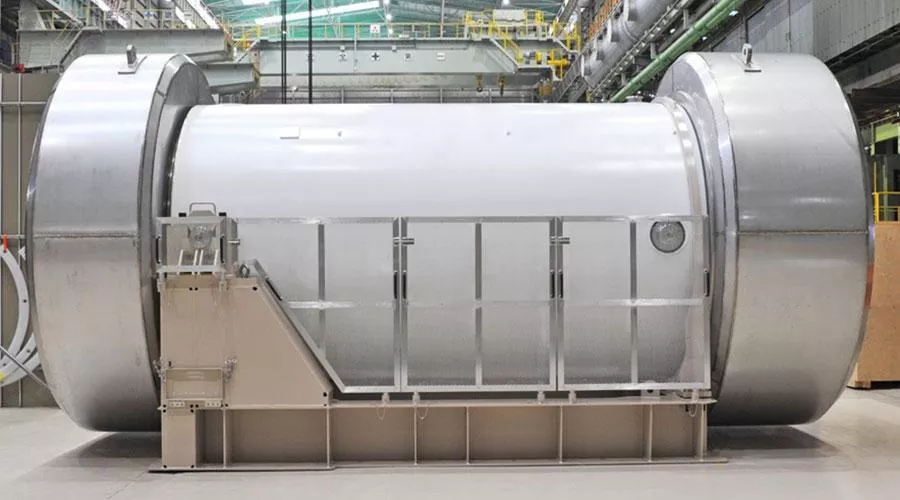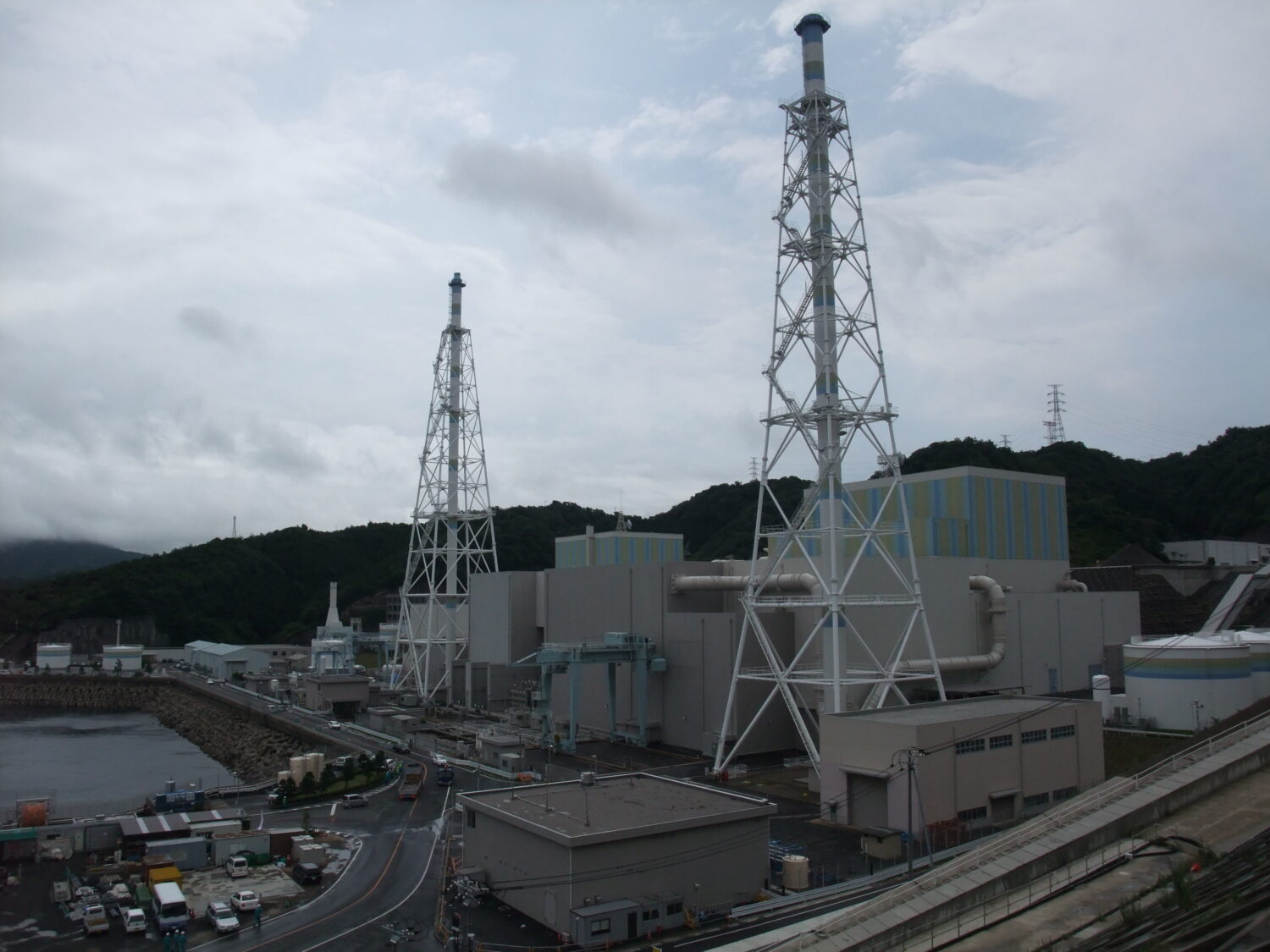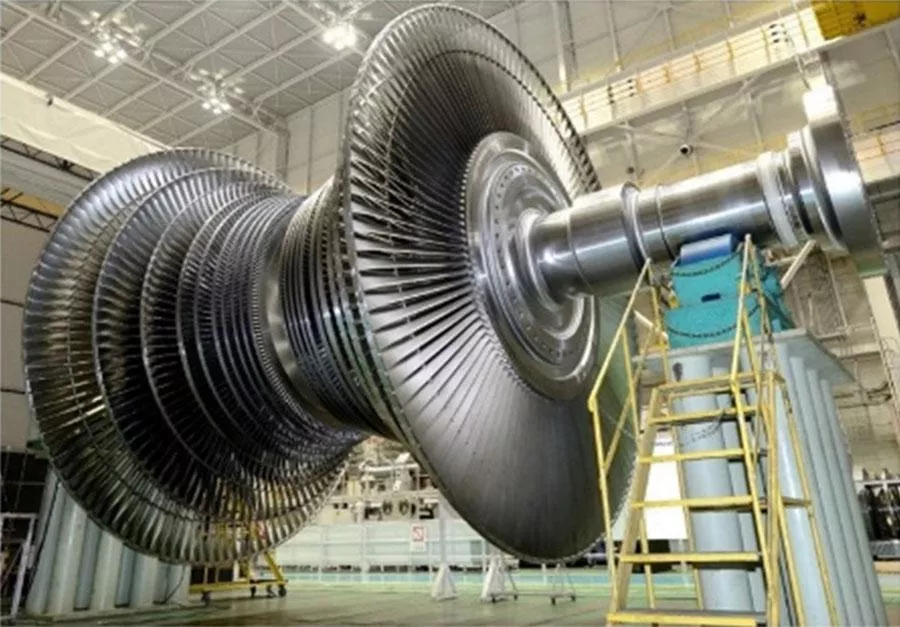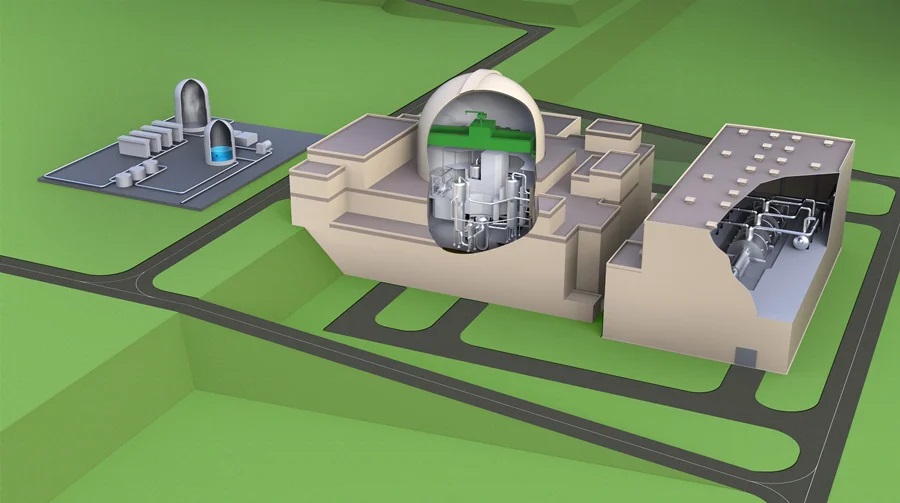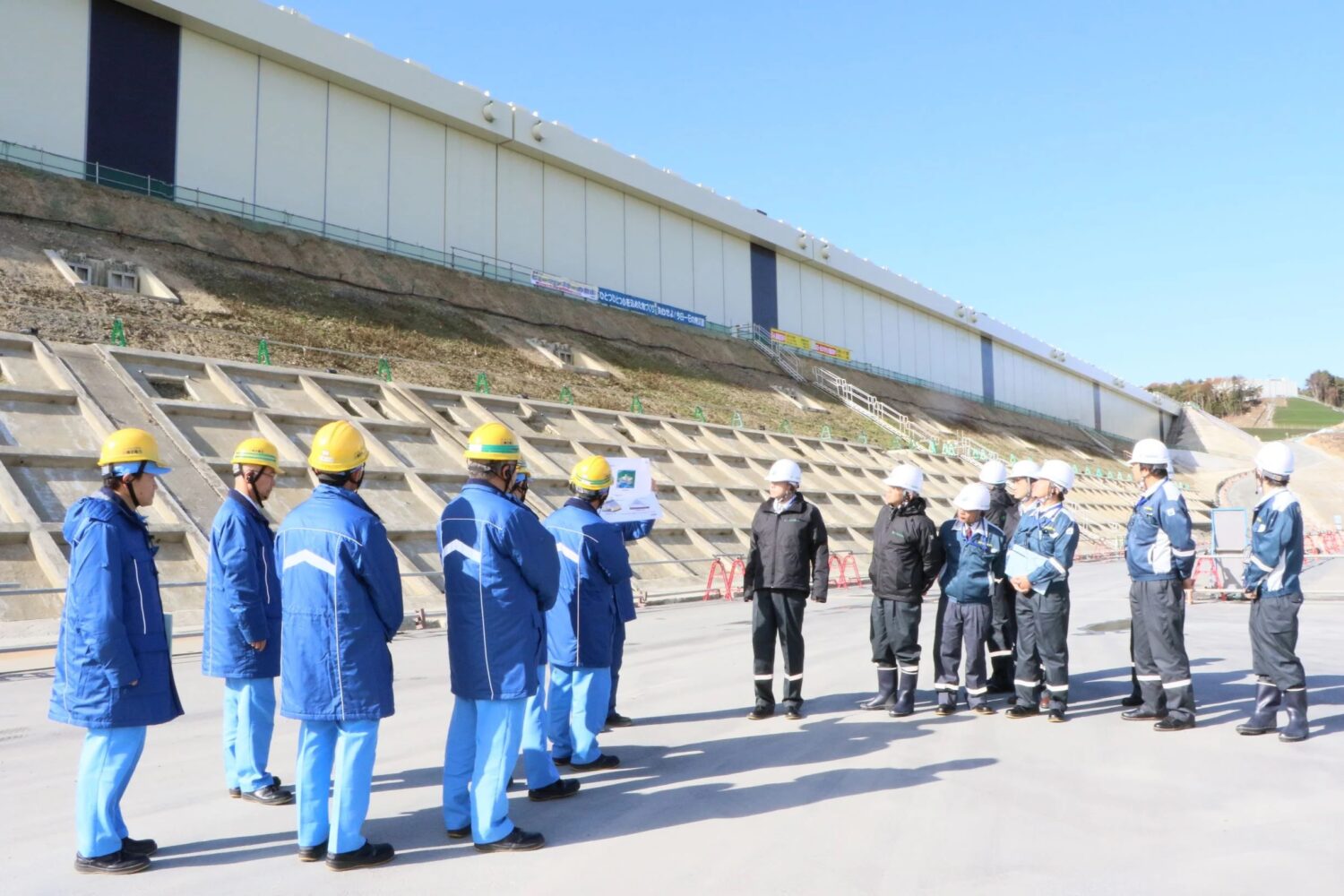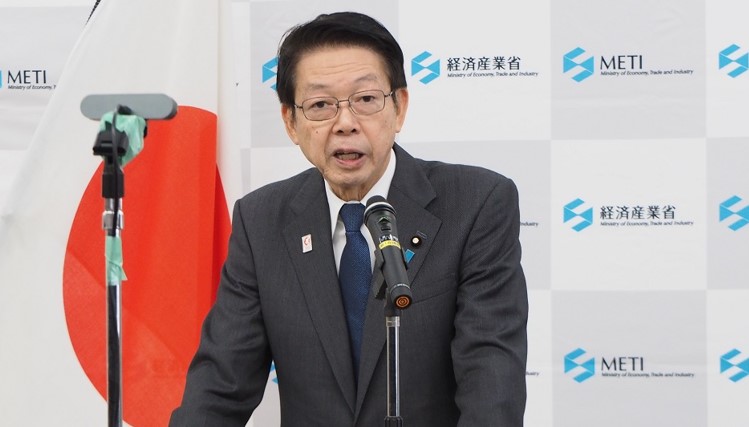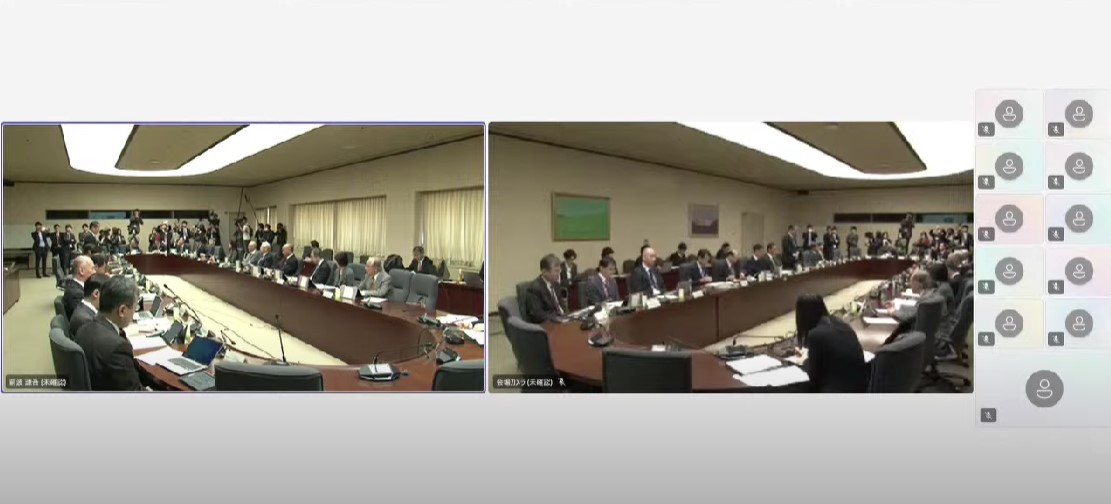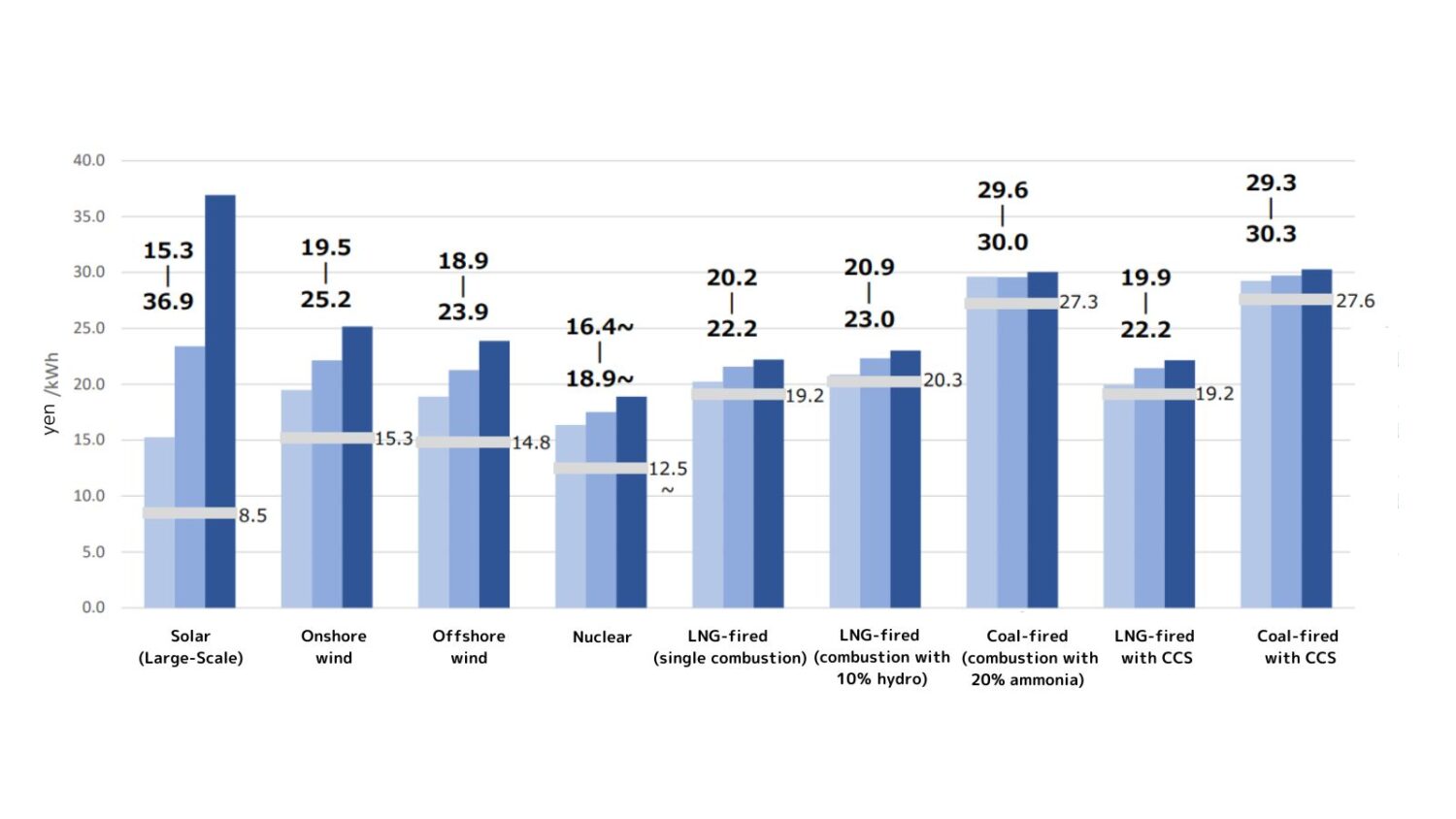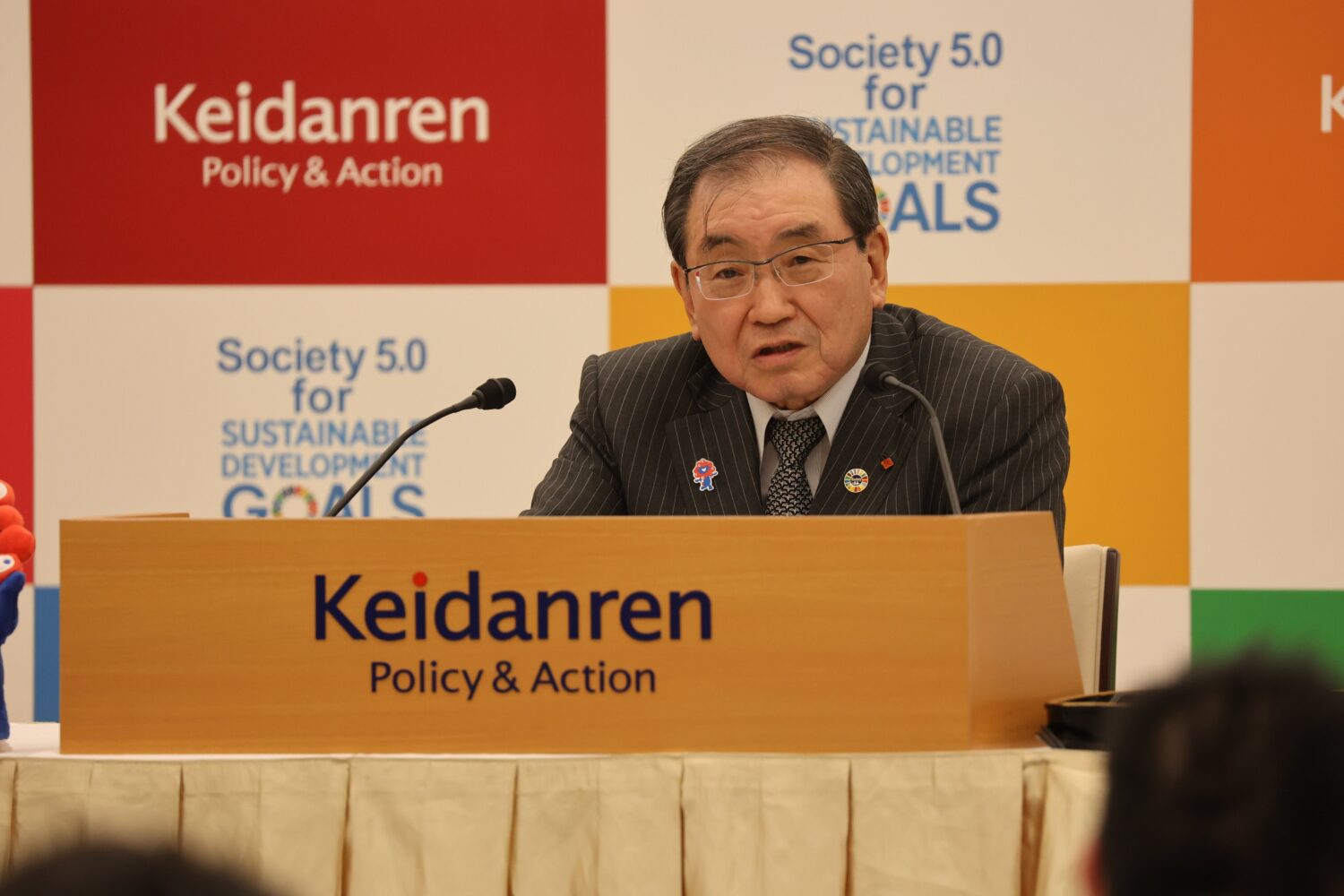Minister Hiroshige Seko of Economy, Trade and Industry (METI) and Minister Hirokazu Matsuno of Education, Culture, Sports, Science and Technology (MEXT) attended the meeting, along with Governor Nishikawa. Identifying the region as the core of national nuclear research, R&D on fast reactors, and development of nuclear human resources, the government emphasized that a new experimental research reactor would be built in the prefecture and that “Monju” would be utilized in research activities.
The national government will hold a ministerial meeting on nuclear energy with related Cabinet members on December 20 to formally decide the decommissioning of “Monju.” But efforts to adjust and coordinate with the local community are continuing and a final decision is expected to be delayed. The government hopes to fully explain its intentions to the local people and obtain their understanding before an official announcement on decommissioning.
Meanwhile, at the fourth meeting of the Conference on Fast Reactor Development, which had been held prior to the meeting of the council, it was announced that estimated “Monju” decommissioning costs would exceed JPY375 billion (USD3.2 billion at USD1 = JPY117). At the meeting, in addition to METI Minister Seko and MEXT Minister Matsuno, Chairman Satoru Katsuno of the Federation of Electric Power Companies of Japan (FEPC) and president of Chubu Electric Power Co., and others, were present. The conference affirmed its support for developing fast reactors to replace “Monju.”
 The government maintains its commitment to carrying out its nuclear fuel cycle policy and it will next establish a task force on fast reactor development. The task force is expected to begin working on issuance of an implementation plan at the beginning of next year and to finalize the plan in 2018. The government says that via joint research at the French demonstration reactor “ASTRID,” and from its utilization of the experimental fast reactor “Joyo” (the development stage prior to “Monju”), it will be able to obtain a similar level of knowledge and experience as could be obtained from “Monju.” Its aim will then be to construct demonstration reactors – the development stage after “Monju” – domestically.
The government maintains its commitment to carrying out its nuclear fuel cycle policy and it will next establish a task force on fast reactor development. The task force is expected to begin working on issuance of an implementation plan at the beginning of next year and to finalize the plan in 2018. The government says that via joint research at the French demonstration reactor “ASTRID,” and from its utilization of the experimental fast reactor “Joyo” (the development stage prior to “Monju”), it will be able to obtain a similar level of knowledge and experience as could be obtained from “Monju.” Its aim will then be to construct demonstration reactors – the development stage after “Monju” – domestically.


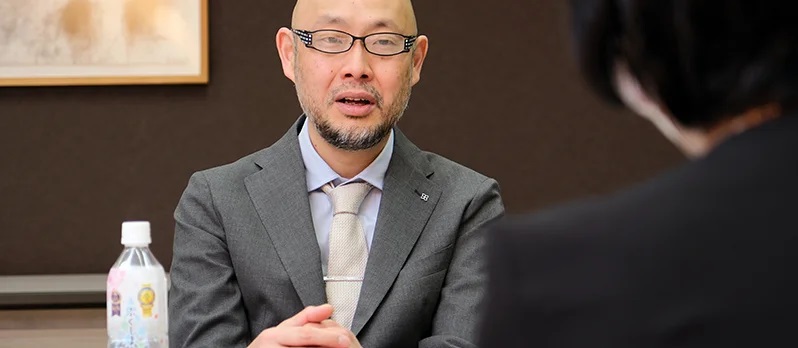
-1.png)

